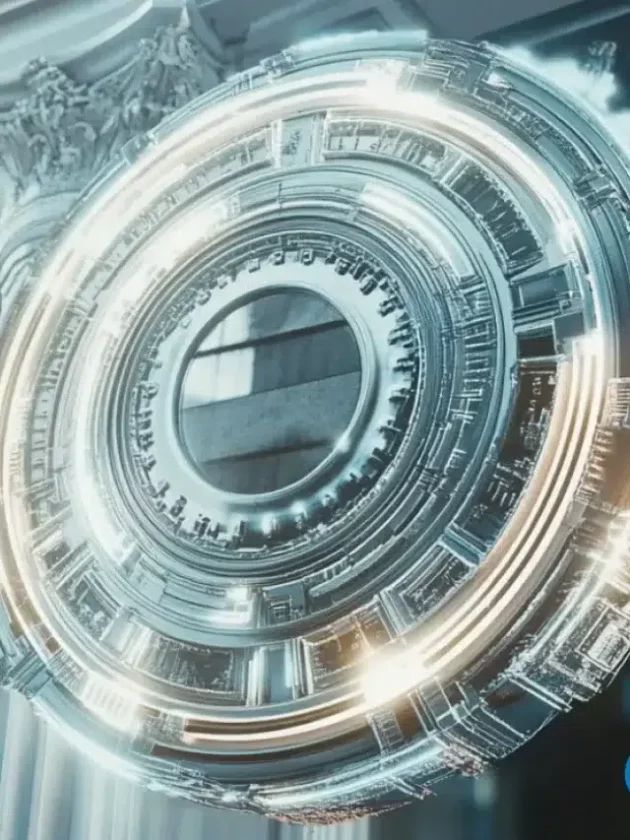Why Fighting Against Censorship Is in Everyone’s Interest
January 27, 2019 by Bitsonline Guest Contributor
Censorship is an age-old phenomenon. Governments have been trying to control information for as long as they have existed, and the advent of the internet saw those efforts make the jump to the digital world. Although powerful in the past, these old state-created and state-maintained social constructs are crumbling. State decisions on what’s legal (or illegal), who can produce valid knowledge, and what information is ‘safe’ for users to consume are no longer the prevailing laws of the internet.
Guest article by Jonas Sevel Karlberg, CEO of AmaZix
This article is part of the series called “Three Reasons Why the Future is Blockchain”.
Also see: BCH Instant Payments on Avalanche, Forks and More With Amaury Sechet
Subscribe to the Bitsonline YouTube channel for great videos featuring industry insiders & experts
Blockchain is Breaking Down Norms
Established norms are being broken down by blockchain technology and the crypto community, driving forward a libertarian approach to the internet that puts personal freedoms first and lets internet users express themselves, associate, and interact as they please. What used to be privileges, restricted by censorship, are now universal rights deserved by all.
Censorship practices differ from country to country, with varying methods and to different degrees. The majority of democratic countries employ relatively moderate levels of censorship, based on the intention to do things like protect children from unsuitable content, or block extremist, hateful, and violent content.
Other states, that are (supposedly) more authoritarian or have interventionist tendencies, very deliberately and methodically control their citizens’ access to information in order to suppress ideas and debate. Censorship will also often occur in response to, or in anticipation of, events such as protests, riots, and even elections.
Despite the Intentions, the Results Are the Same
But regardless of the motivation for censorship, the result is always the same–governments will restrict access to websites and information they identify as undesirable. Some will go even further, employing surveillance to monitor what citizens do on the internet. The NSA in the U.S. was at the centre of a controversy about its surveillance beginning in 2013, and as recently as January 2018 it was still keeping tabs on Americans’ internet activities through the Prism and Upstream programs.
Blockchain censorship takes a different form, albeit a fairly similar one. Users can be prevented from using crypto exchanges, while those creating digital crypto assets can be blocked from listing them online. In this scenario, the power lies with the exchanges, which control which users can participate in crypto transactions.
Governance changes, including software updates, the changing of rules, or the forking of cryptocurrencies, are all ways to control transactions. Transaction fees can also be seen as another form of censorship, targeted at the least well-off crypto owners.
Furthermore, for any changes to be made to the bitcoin protocol, developers and miners of the digital currency must reach an overwhelming consensus, and while centralized teams swiftly deploy updates, they come with the cost of censorship. To be resistant to censorship, cryptocurrencies must operate through an immutable blockchain.
Fighting Against Censorship
There are numerous opponents to internet censorship, including formal organizations with exclusive membership, as well as more dispersed groups which sometimes resort to a more guerrilla approach in order to get around strict policies. Many such groups have been formed in the crypto community, and they are rapidly becoming key players in the fight against censorship.
The belief in political decentralization is integral to the crypto community–the belief that information on the internet should be accessible by all, and users are in control of this information. This is why blockchain technology is so revolutionary. One of its key strengths is the ability to resist censorship and operate in trustless environments.
Blockchain technology brings censorship resistance through unalterable transactions. It is impossible to rewrite a blockchain’s history. However, if blockchain tech is to ensure that information remains accessible to all, it is vital that it remains public. Censorship resistance implies that anyone can interact with the network on the same terms, no matter their identity or defining characteristics. If true censorship resistance is to be achieved, users must not be able to exclude or deny others access to information.
Making Resistance to Censorship a Reality
The question is, how can censorship resistance be implemented on a network that struggles to evolve or change? Such a feature would be more easily embedded in a network architecture from its creation, rather than being employed as a changeable governance model further down the line.
The motivations driving censorship resistance and decentralization are inescapably linked and, to some extent, inform each other. Cypherpunks champion decentralization as a way to pursue social and political change, and hold governments to account. At the same time, it protects access to information and prevents interference from third parties.
The key to resisting this influence and external control over ownership of, and access to, user information, is having decentralized apps and networks. In a decentralized system, the internet comprises a community of users operating through a network of independent nodes that power and host information. This type of system removes centralized control, and also has the added benefit of making systems more resilient to failures and hacks while preventing vulnerability.
This appeals to people all across the globe, and is undoubtedly the future of how we share and consume information. It is therefore a matter of when, not if, the decentralization of power becomes mainstream and state-citizen dynamics are shifted, thanks in large part to blockchain.
Sound off below. Is the widespread use of censorship-resistant blockchain technology inevitable?
Images via Pixabay






